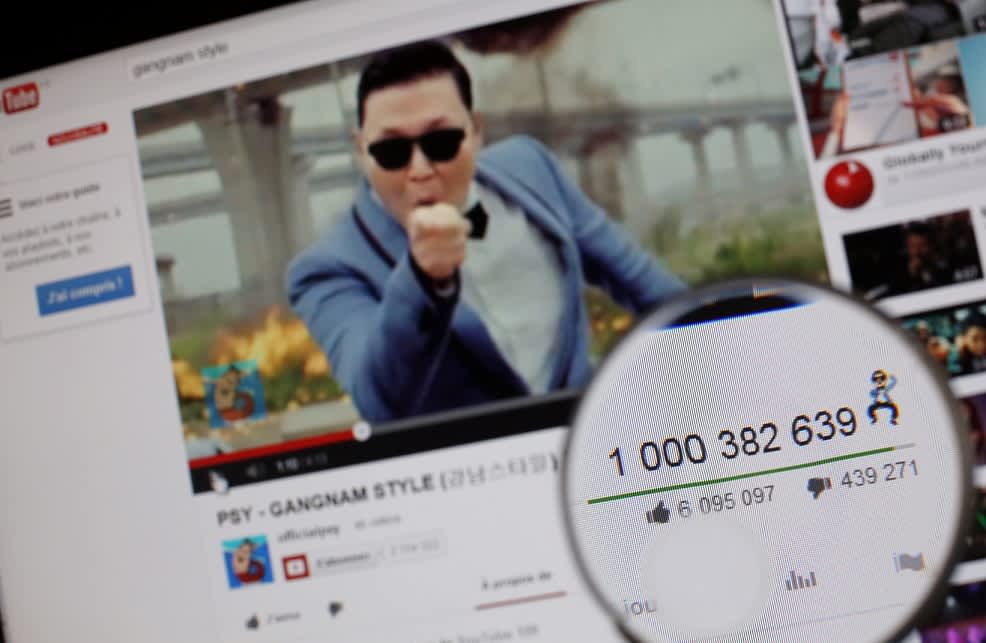

‘Gangnam Style’ parodies and cultural impactĪs momentum built, parodies of the dance swept across the world. As of December 2019, the total is heading towards 3.5 billion. By the time it hit 2,147,483,647 views, in 2014, YouTube’s counter needed to be upgraded in order to register any more. Having topped the charts in over 30 countries, on December 21, 2012, it became the first video to reach one billion views on YouTube. By September, ‘Gangnam Style’ was averaging over six million views a day. Before long, a cavalcade of stars, among them Britney Spears, Katy Perry, Tom Cruise and Robbie Williams, had picked up on it, too, introducing the song to their millions of followers and creating a viral sensation in the process. US rapper T-Pain was reportedly the first to give the track his endorsement when he tweeted enthusiastically about it, on July 29.

What happened over the next few months, however, cemented “Gangnam Style’”s place in history.Īs the song gained domestic popularity (before the month was out, it became one of the biggest South Korean hits of the year), word began to spread way beyond K-pop’s heartland. Released on July 15, 2012, the song galloped straight out of the gates, with 500,000 YouTube views on its first day. Keen to give his fans something unique, he and his choreographer spent a month coming up with “Gangnam Style’”s signature horse trot and lasso spin. Psy had already built a reputation for his memorably silly dance moves. TV personality No Hong-chul provided the infamous elevator dance, with K-pop star Hyuna featured as the romantic interest.Īnd then, of course, there was the “horse dance” itself. Seven-year-old Hwang Min-woo, whose dancing had proved a sensation on TV talent shows, was brought in to add his distinctive moves along with comedian and TV host Soon Jae-suk (who dances alongside Psy in a yellow suit). Shot in a mere 48 hours, “Gangnam Style”’s music video was stuffed with a host of well-known South Korean celebrities to ensure local success. With those elements in place, his sixth album, Psy 6 (Six Rules), Part 1, and its lead track, “Gangnam Style,” was set to be a hit – domestically, at least. By 2012 he’d joined YG Entertainment, one of South Korea’s three biggest entertainment agencies, and was an established star. In the 11 years before “Gangnam Style” was released, Psy had carved out a niche for himself as a rapper known for his comedy, irreverence and controversy (the blunt lyrics on his first album got him fined for “inappropriate content”, while his second was banned outright). Sent to the United States to study, he soon quit his place at Boston University to dedicate himself to music.

Born Park Jae-sung, in 1977, to an affluent family, he was earmarked to take over his father’s semiconductor manufacturing business. Ironically, Psy was from the area himself.


 0 kommentar(er)
0 kommentar(er)
